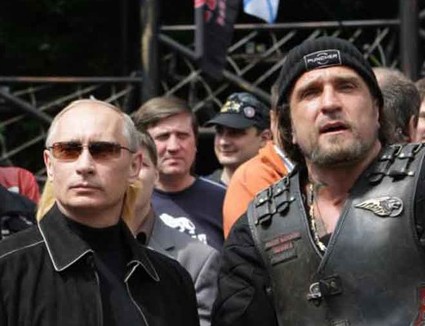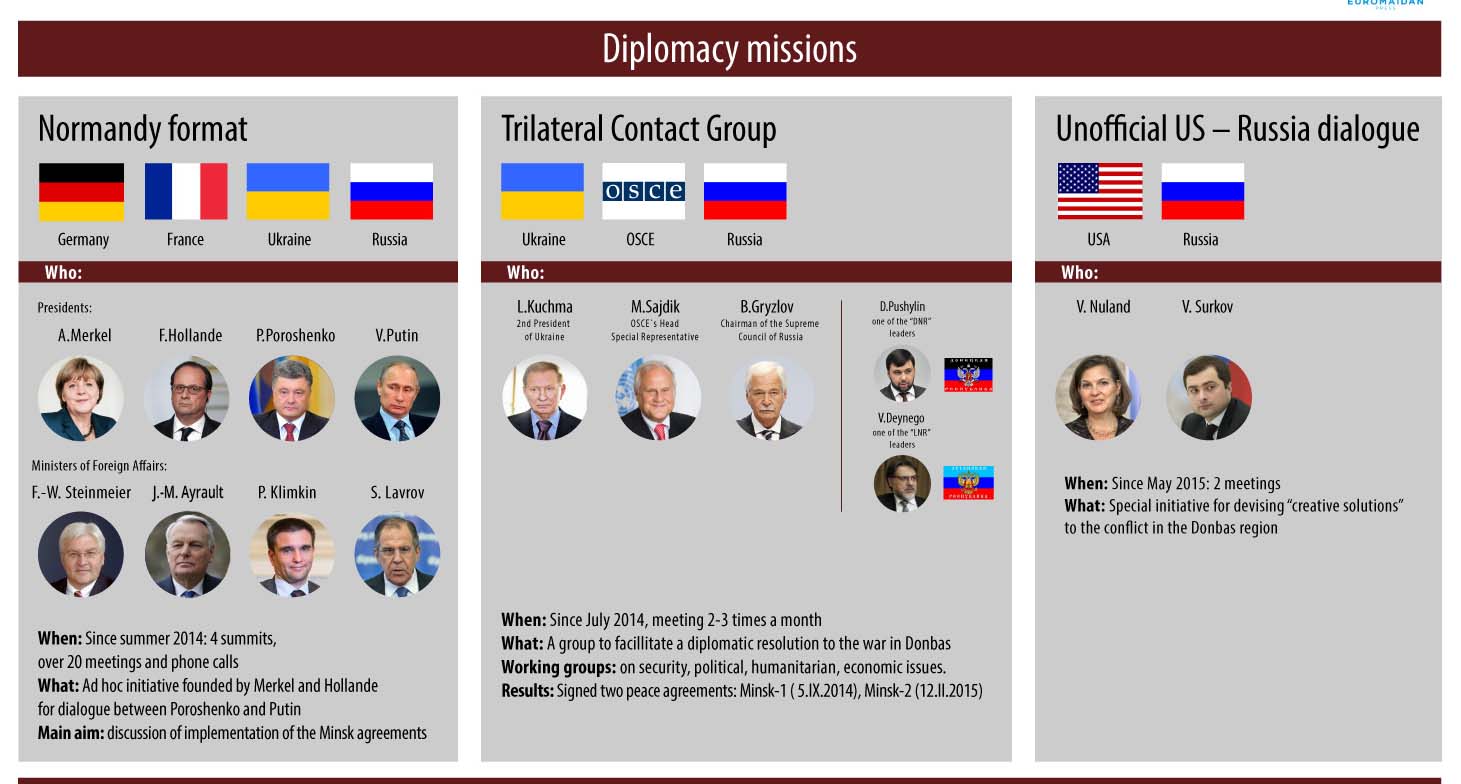Increasingly more analyses and comments regarding changes on the Polish political scene have occurred recently. Yet foreign analysts and journalists have omitted a range of extremely significant internal considerations and an external one in their articles for years. The point is that the foreign policy pursued by Civic Platform (PO) has become a cog in a political propagandist machine serving primarily internal purposes and aimed against the opposition or anyone who disagrees with the ruling party line. Furthermore, it has been, is and will be under an overpowering impact of Berlin until the end of Ewa Kopacz’s tenure as Prime Minister.
Two analyses of foreign journalists deserve special mention. One was conducted by Daniel Fiott, who writes in his article “The Bildt-Sikorski effect” published on European Geostrategy portal that changes on positions of ministers of foreign affairs in Poland and Sweden are changing the dynamics of the foreign policy pursued by the European Union. In his opinion, Radosław Sikorski and Carl Bildt were not only advocates of a tough stance towards Russia but also were close to Washington and postulated the strengthening of EU structures and mechanisms. According to Fiott, Vladimir Putin is pleased with their departure. He believes that their absence will be noticeable and could lead to the weakening of the foreign policy across all EU despite the fact that they did not have the final word in the whole Community. In the context of the new Polish minister of foreign affairs, an objection put forward by Fiott is that Grzegorz Schetyna is an untested politician unknown anywhere outside Poland.
Annabelle Chapman, in turn, speaks highly of Radosław Sikorski in her text “Goodbye to Poland's Hawks” for Foreign Affairs. Sikorski never avoided difficult situations and confrontations. She describes the situation where he, together with Carl Bildt, led to the establishment of the Eastern Partnership programme, supported Ukrainians in the hardest times and on their way to the West and, importantly, they both largely contributed to the introduction of sanctions against Russia. In her opinion, Sikorski’s departure and changes in the Polish government might also spell the end of an era, namely the “hawkish voice of Poland” in European foreign policy. This would suit both Kremlin and many European capitals, ones which present a milder attitude towards Moscow. Chapman also compares Grzegorz Schetyna and Radosław Sikorski – the former does not speak English and does not even have a Twitter account, while the latter studied at Oxford and has been very active on the web.
What follows is repeating the nonsense derived probably from the internal Polish pro-governmental propaganda which Tusk’s image experts feed to the Polish society, compensating the failures of the internal policy with alleged “historic successes on the international arena.” Namely that Platform is in a difficult situation making all efforts to prevent Law and Justice (PiS), an opposition party, from taking power, which would be a “disaster” for the position of Poland in Europe (certainly not for PO politicians, who would lose their influence). She also provides the example of Poland being allegedly “isolated” during the 2005-2007 period of leadership of the Kaczyński brothers, who became “pariahs” on the international arena by gaining a reputation of Russophobes and using a “pathetic anti-German rhetoric.” This is supposedly to be in opposition to the attitude represented by Sikorski, who was “tough towards Russia” at the same time working on repairing Warsaw-Moscow relations, which was eventually prevented by the Russian aggression towards Ukraine.
Omitting the fact of the extreme pro-German attitude of Sikorski and the entire Tusk’s government and pigeonholing the Kaczyńskis into the category of Russophobes by Ms Chapman, who followed the example of Polish pro-government propagandists, is particularly pathetic in today’s geopolitical conditions. It is also a pity that she ignores the fact that Radosław Sikorski went so far trying to improve relations between Warsaw and Moscow that he postulated the accession of Russia to NATO only a few years ago… In 2010, he wrote in a supplement to the German newspaper Süddeutsche Zeitung: “We believe that the process of the Alliance’s enlargement – from which Russia should not be a priori excluded – offers an opportunity for the extension of the zone of stability and security in places where until recently they have been in short supply.” From the viewpoint of journalistic professionalism, it is an even greater pity that Chapman forgets also that Sikorski was associated with Law and Justice, holding the position of Minister of National Defence from 2005 first in Kazimierz Marcinkiewicz’s government and then from July 2006 in Jarosław Kaczyński’s.
What is the reality at the level of facts? Schetyna officially does not want to change the principal assumptions of Sikorski’s policy but, as he himself indicates, certain changes will be necessary. Simultaneously, the new Prime Minister announces a “pragmatic policy” towards the events in Ukraine. She also implies that Poland will support Ukraine only as part of a European agreement rather than “brandish the sword” alone. Also, the position of Tomasz Siemoniak, Minister of National Defence, is elevated to the rank of Deputy Prime Minister. Apart from that, there is a very pro-Ukrainian attitude of the Polish President Bronisław Komorowski, who at the same time – pretending a smaller or greater distance – supports the activities of the present government and, although he declares that he does not want to interfere with the personnel policy of the government, in his opinion Sikorski would be better as a Minister of Foreign Affairs.
How can all that be approached from the Polish perspective? Ewa Kopacz has never been an outstanding politician. Her position in the party is based on full trust on the part of Donald Tusk, which she earned through helping to treat his sister in 2005. The fact of assuming the temporary role just to “survive until the elections” is meaningful in itself. Not every politician would agree to that. Yet this fact should not be overestimated – the state’s foreign policy is based mainly on continuation. The level of its effectiveness and impetus depends on individual characteristics of a politician and therefore it should not surprise that Kopacz is officially trying to dissociate from the earlier confident and strongly anti-Russian rhetoric represented by Sikorski.
Grzegorz Schetyna, a friend of Donald Tusk’s for years, one of the former leaders of the governing Civic Platform, was deprived of his influences as a consequence of Tusk’s striving to bring the party under his full control. As former Prime Minister made fun of him, Schetyna became the “strategic reserve of the party” after being appointed Chairman of the Foreign Affairs Committee of the Polish Sejm in 2011. This was particularly painful for him as Schetyna’s ambitions have always been much higher, which is common knowledge in Poland. His appointment for the position of Minister of Foreign Affairs is supposed to prevent escalation of tensions in PO and his participation in government works is intended to avert the risk of taking actions that would be unfavourable to him (if only as a revenge for the past years of humiliation). As for being compared with Sikorski – the latter is better on paper. However, Schetyna is considerably better and more effective when it comes to political tactics and foreign language skills should not be overestimated here. At the beginning of October, he also said that Poland should take part in debates regarding Ukraine since the formula of Paris-Berlin-Kyiv-Moscow negotiations had been exhausted. This means he is not going to sit back and watch the events in Ukraine, waiting for France and Germany’s decisions.
Numerous foreign experts seek mistakes and shortcomings of the Polish foreign policy but, in the context of the above information, the majority are looking for their source in the wrong place. Poland lacks analytical institutions, think-tanks that would be independent of governments (i.e. not funded by the state). Foreign policy has become a media show performed as part of the governing party’s PR, at the same time being used as a disciplinary measure against the opposition. Assessment of Poland’s effectiveness on the international arena in the recent years can be more or less positive but the fact that our government has never been so pro-German in the history cannot be ignored.
Answers to the question why it is so can be sought on many planes. One is undoubtedly the lack of diversification on the media market, where pro-government media prevail and state authorities fund favourable press and TV channels by means of advertisements. This facilitates managing “the only right” message and hampers objective assessment of reality at the social level. This is related to something else – dominance of the German capital on the said media market. Germans owned 49.8% of the local press titles until autumn 2013. Since 7 September Poles hold merely 5 press titles, while the rest, i.e. 90% of the local press is owned by Polskapresse Publishing Group, which is German Verlagsgruppe Passau. German capital is unquestionably dominant also on the specialised and tabloid press market.
An interesting fact is that the words of the Polish Prime Minister about the “pragmatic foreign policy” and Warsaw’s striving for “speaking one voice with the European Union about Russia” were most enthusiastically received in… Germany. The German press quickly picked up the rhetoric saying that “the tough policy pursued by Sikorski would not stand the test of time” also in the context of disrupting the unity of the Visegrad Group and the Czech Republic, Slovakia and Hungary speaking out against the tightening of sanctions towards Kremlin. German journalists obviously associated that with the anti-American rhetoric, which has been extremely popular in Germany since the wiretapping scandal – Europe may not act in Ukraine driven by Washington’s agenda. It could be added with irony that the German press intentionally avoids the statement that it would be best if the entire EU was driven by Berlin’s agenda – and not only in the case of Ukraine.
The attitude of the Polish society towards Ukraine and its pro-Western aspirations has never been so positive. It remains so even in spite of various efforts made by Russian propagandists in Poland and all over the world. Civic Platform, which is self- and poll-oriented, will not ignore this fact. It is largely dependent on Kyiv’s attitude whether Warsaw will finally start to pursue a foreign policy that will be more independent of Berlin. Everything indicates that further rapprochement between Poland and Ukraine is equally unwelcome in Russia and Germany. Hopefully, our governments will remember about that in better and worse times.


![Vladimir Putin's wrestling coach, the person who reportedly helped him get admitted to the Leningrad State University using his connections, was one of the city's top criminals, had served 20 years in prison, and died in a gang battle at 57. Putin admiringly wrote about him in his memoirs called "From the First Person" without using the coach's surname or mentioning his criminal links (for obvious reasons). As the engraving on his grave stone states, the coach Leonid Ionovich Usvyatsov composed the epitaphs himself. [Translator: Please note that in the original Russian the epitaphs crudely rhyme, but the translation did not attempt to reproduce rhyming prioritizing accuracy instead.] The epitaph on the front panel says: "A grave and on the grave there is an epitaph: 'I am dead, but mafia is immortal.'" The back panel is engraved with the following epitaphs: "Hooray! I finally died!!! All of my life I worked for broads like a slave. Now I won't spend a kopeck on this liver sausage anymore." "I gave her my two final bangs and then was carried away on a hearse." "Let's drink to us all, because the curtain will soon fall." (Image: openrussia.org)](https://euromaidanpress.com/wp-content/uploads/2015/12/4bbcb9a683811.gif)


